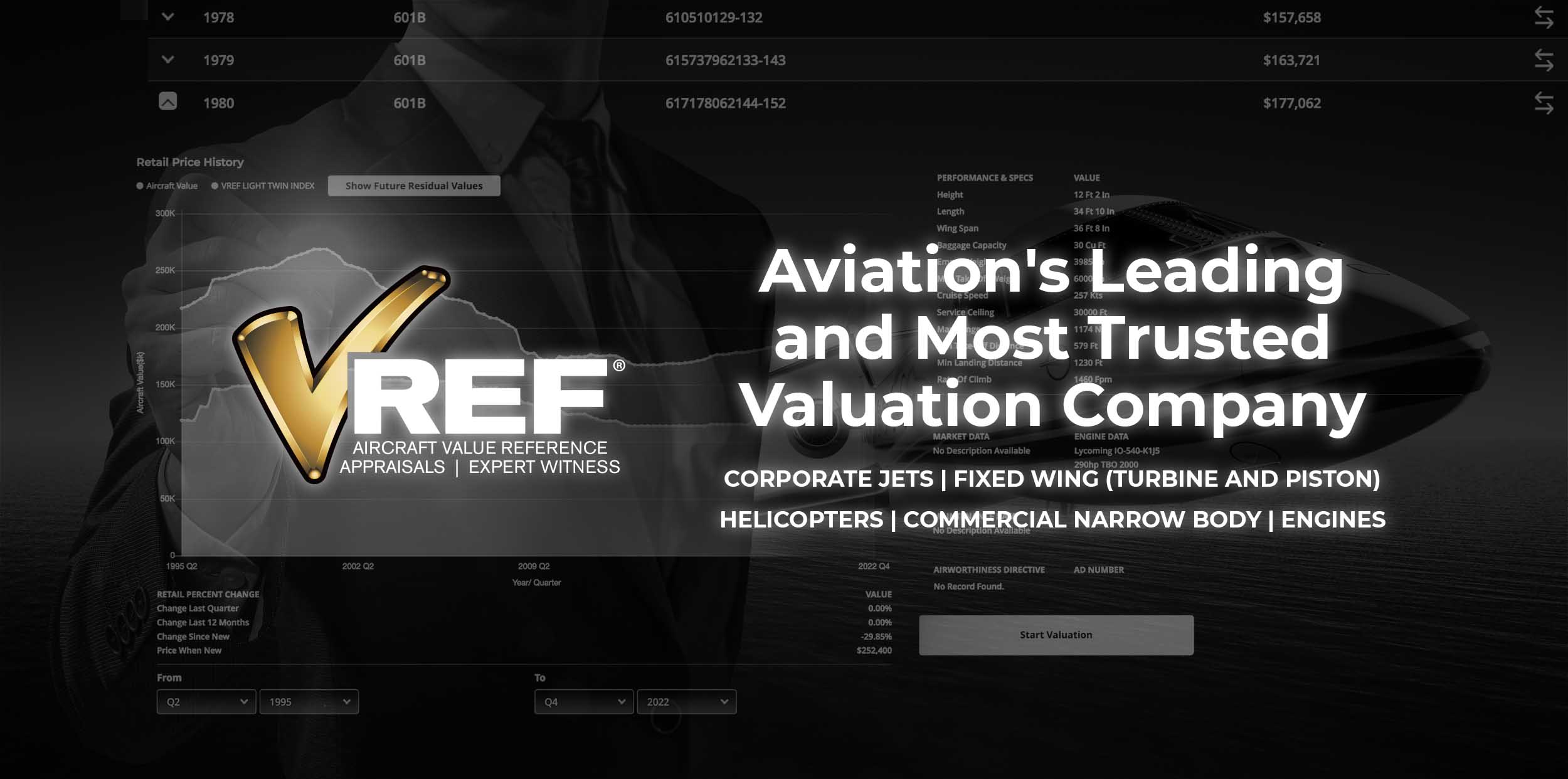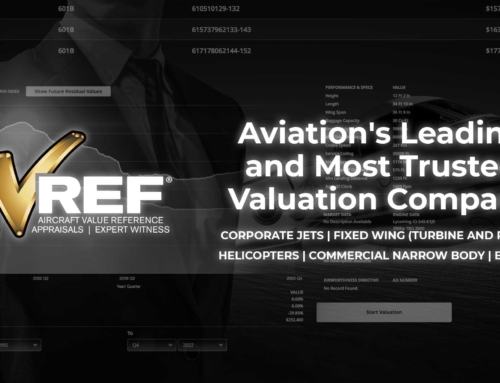I frequently get questioned about aircraft maintenance, operating costs, and the actual cost of aircraft ownership. Most questions are from the perspective of new owners or first-time buyers seeking to better prepare themselves for the often tricky question to answer; can I afford my aircraft?
In this article, I will break down what to anticipate when it comes to these expenses and how you can best mitigate potential problems by staying organized and using some unaware tools.
I am going to skip the usual expenses like the initial purchase. But did you know that even before you sign the dotted line on that bill of sale that you will already be incurring costs?
It’s real; aircraft are machines, and machines are in a constant state of needing repairs. While your aircraft is airworthy or should be when you purchase it, that does not mean you won’t face a daunting task in keeping it that way. Some aircraft are more manageable or cheaper to operate, and on the flip side, some aren’t. So let’s look at some of these expense categories.
Regular Aircraft Maintenance Costs
Just like any piece of machinery, airplanes need to be serviced regularly. Piston aircraft require regular and routine maintenance. Some of that is based on hours flown like a propeller overhaul or an engine (more on that later), and some of the maintenance is calendar-driven. That is the standard for all aircraft. Again, depending on the location and size of the plane you own, this cost will vary.
To best handle ongoing maintenance expenses, you have a couple of decisions to make. First and foremost, you need to start accruing funds for these events. I advise clients to set aside money for numerous routine expenses. I suggest this money is pro-rated on the hour, and then every hour you fly, just cut a check and put the funds in a segregated account for the aircraft. You will want to place funds for your engine restoration. That can be an overhaul, factory remanufactured, or even a new engine. But you need to know what you are accruing to have the money available at the time of the event. You will be short on funds if you plan on a top overhaul and wind up purchasing a factory-new engine. You should also place funds aside by the hour for your propeller overhaul, aircraft annual, and many owners will set aside money for large expenditures like gear or refurbishment.
Suppose you want to avoid all of the above. In that case, you can enroll the aircraft on PistonPower’s engine maintenance program and benefit from a higher residual value as well. There is a reason why Diamond and other manufacturers have selected them as their power by the hour program provider.
Many piston operators are unaware that financial tools like PistonPower exist. Still, the concept has been around for over 30 years in the turbine segment of the industry.
Airplane Insurance
When you are purchasing a plane, insurance is highly recommended. Many things can go wrong when operating an airplane. While we plan for the worst and hope for the best, insurance quotes are not things to be left until the last minute. I can assure you that insurance costs are going up faster than they have in the past. Many first time buyers overlook this part of the purchase as they believe the experience will be similar to securing car insurance. This could not be further from the truth. I have seen many clients walk from purchases because the insurance quote was higher than anticipated. So do your homework before you engage with a seller.
Airplane insurance covers more than damage to the plane (Hull) in the case of an accident or incident. Insurance will also cover anything that happens to your passengers (liability) if something were to go wrong. Because of this, the amount of insurance your require will determine the cost of your insurance premiums. Deductibles, coverage, and the terms are all things you can negotiate. You can secure diminution of value in some cases, but be prepared to pay!
Hangar Space
Another cost you will need to consider is the cost of renting a hangar space. Keep in mind that some airports have run out of space. You will be lucky to secure outdoor parking in many of these locations. Weather and seasonality also play a role in obtaining space. It is not uncommon for aircraft owners in highly populated areas to drive a fair distance to locate an appropriate indoor hangar spot combined with a good airport that has services.
Before You Buy
As you’ve read this article, you’ve indeed found that the answer to many aircraft budgetary questions is “it depends.” Because of how much prices can vary based on location, equipment type, equipment size, it’s a good idea to research each cost of a particular plane before you purchase it. Then, you will more accurately be able to calculate a budget.
If you’ve never bought a plane before, the process can be intimidating. Thankfully, there is a ton of at VREF to help. Once you are ready to proceed with the purchase, you will need to get your aircraft appraised by an experienced senior accredited appraiser who has the proper knowledge to produce an accurate, fair market value.
Get an Appraisal
VREF offers appraisal services for all aircraft. With an appraisal from VREF, you can be sure that you’re getting an accurate, unbiased, and independent opinion.
Whether you’re buying a small, personal aircraft or a larger private jet, Jason Zilberbrand, ASA can help!
Click here to learn more about aircraft appraisal.




